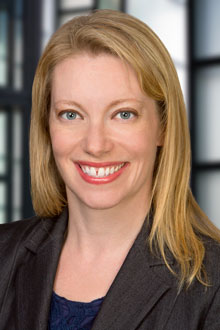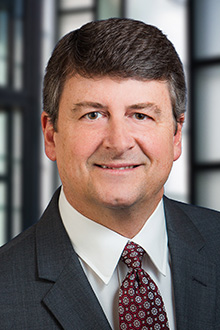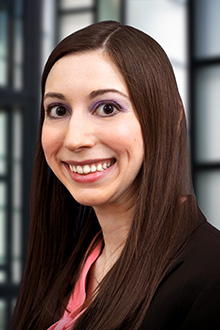Calif. Team Prevails in Another Asbestos Appeal
San Francisco Partner Florence McClain; San Diego Appellate Partners Ernest Slome, Jeffry Miller, and Lann McIntyre; and San Diego Appellate Associate Brittany Bartold recently prevailed in an appeal from the judgment entered following a trial court’s grant of summary judgment in favor of the defendant in an asbestos suit.
The plaintiffs claimed that the husband contracted mesothelioma from exposure to asbestos allegedly installed by the defendant on a U.S. Navy ship that the husband served aboard for four years. The defendant propounded comprehensive discovery requests asking that the plaintiff produce facts, witnesses, and documents supporting the plaintiffs' claim that the husband was exposed to asbestos for which the defendant could be held liable. The responses, however, failed to provide evidence establishing what work, if any, the defendant performed or directed in connection with the construction or repair to the vessel. Nor were the plaintiffs able to establish that, at the time of its construction, the vessel contained insulation or parts containing asbestos. As a result, the defendant moved for summary judgment.
The trial court granted summary judgment in favor of our client on the grounds that the plaintiffs failed to present admissible evidence showing that materials to which the husband was exposed contained asbestos and that these asbestos-containing materials were installed by the defendant or at its direction.
The Court of Appeal affirmed, finding that the defendant met its initial burden of production by making a prima facie showing that the plaintiffs did not and could not obtain admissible evidence necessary to show causation. Additionally, the plaintiffs failed to produce admissible evidence raising a triable issue of material fact. The plaintiffs conceded that they did not have personal knowledge as to whether the husband was exposed to any asbestos-containing materials that the defendant would have been responsible for. Rather, they relied solely on an expert declaration that, according to the court, left “much to be desired.” The court explained that “[w]hen an expert can attest to nothing more than the possibility that a plaintiff’s condition was caused by a defendant, the plaintiff’s case is not supported."




